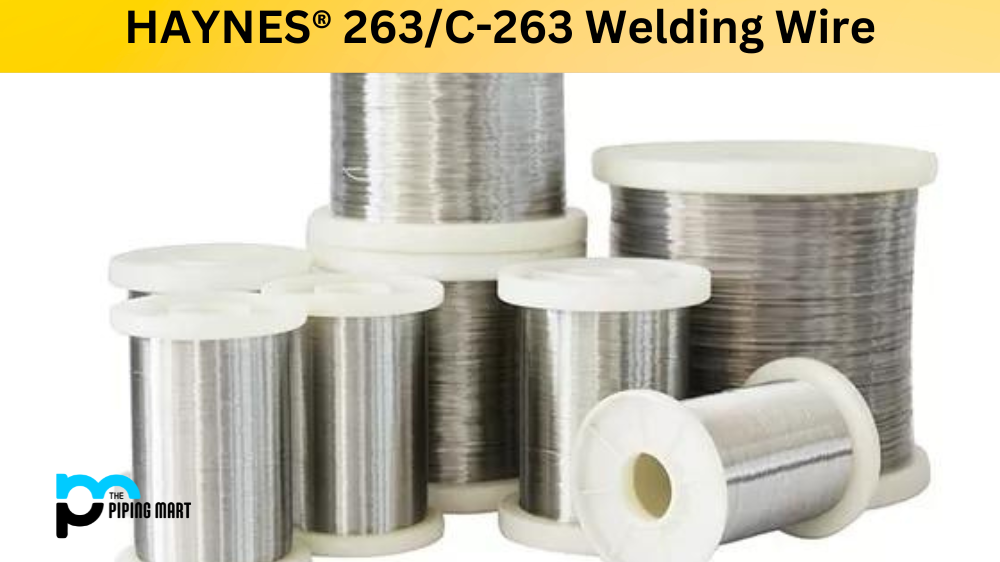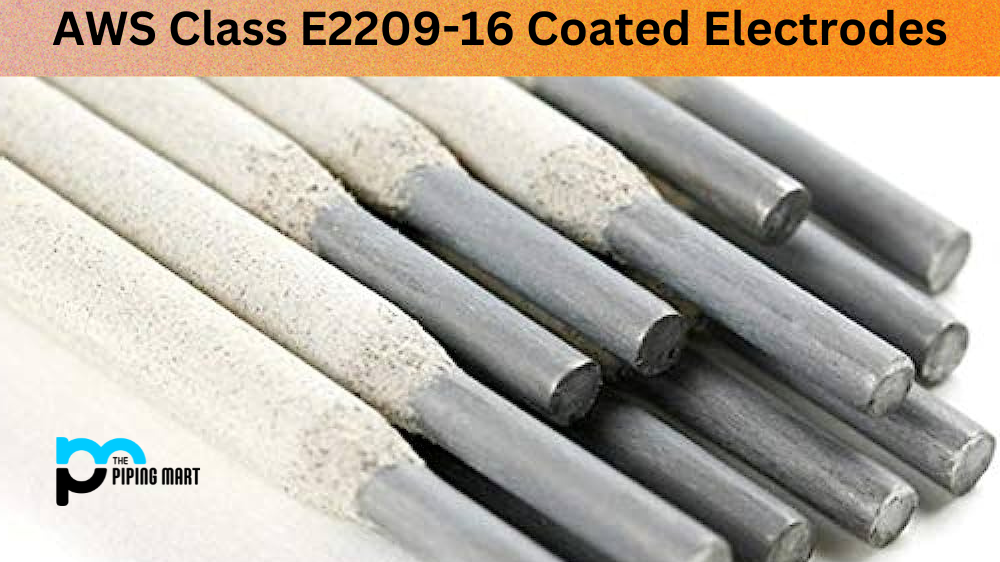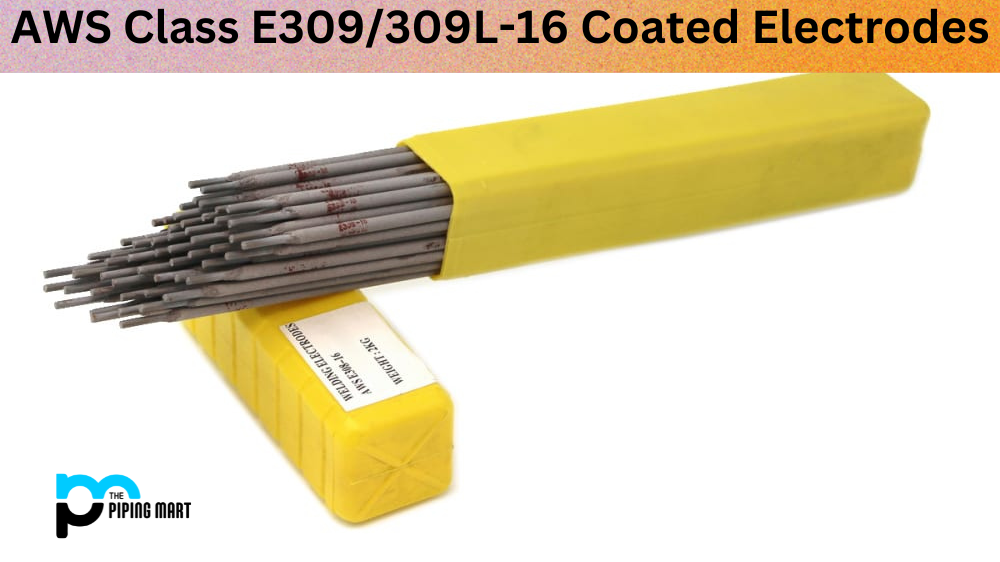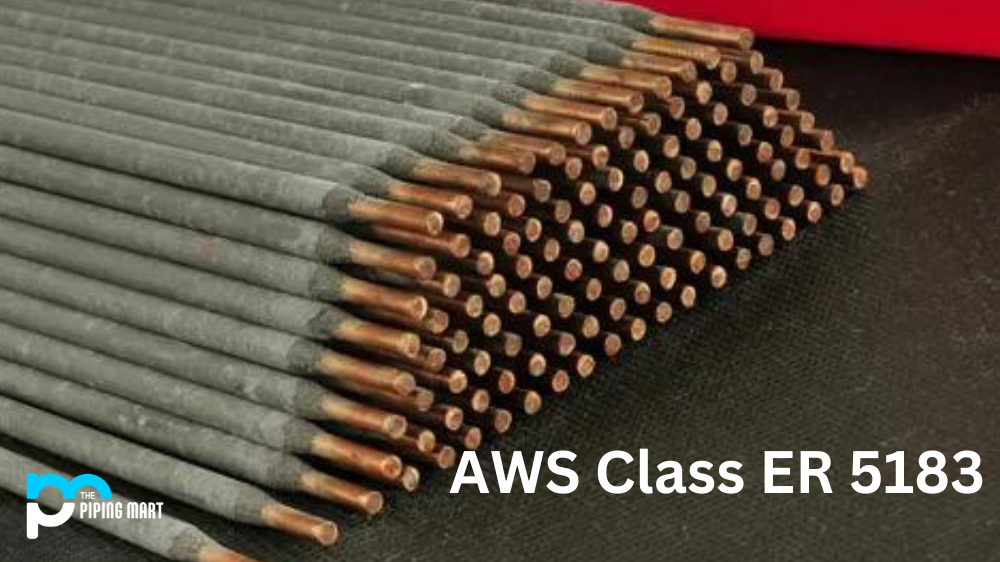Welding fuses two or more metals using heat, pressure, or both. It is vital in the construction, automotive, and aerospace industries. However, welding requires proper equipment and materials to ensure a secure and durable bond. One of the most popular welding wires today is HAYNES® 263/C-263 Welding Wire, known for its superior properties and uses. This blog post will delve into the composition, mechanical and physical properties, corrosion resistance, heat treatment, and uses of HAYNES® 263/C-263 Welding Wire.
What is HAYNES® 263/C-263 Welding Wire?
HAYNES® 263/C-263 Welding Wire is a nickel-base alloy used for welding in high-temperature applications, up to 2000°F. It can join many dissimilar metals and has excellent creep strength, oxidation, and corrosion resistance. This wire welds well in both the as-welded and aged conditions, which makes it ideal for joining nuclear fuel rod cladding components or other components exposed to high temperatures. It is also very popular in exhaust valve stems due to its good fatigue strength properties.
HAYNES® 263/C-263 Coated Wire Composition
HAYNES® 263/C-263 Welding Wire is made up of a variety of metals and alloys, including 20-22% chromium, 19-21% nickel, 5-6% molybdenum, 0.4-1.2% titanium, and trace amounts of boron, carbon, cobalt, copper, iron, manganese, phosphorus, silicon, and sulfur. These components blend to create a welding wire with exceptional corrosion and heat resistance.
| Nickel: | Balance |
|---|---|
| Chromium: | 19.0-21.0 |
| Cobalt: | 19.0-21.0 |
| Molybdenum: | 5.60-6.10 |
| Titanium + Aluminum | 2.40-2.80 |
| Titanium: | 1.90-2.40 |
| Iron: | 0.70 max. |
| Manganese: | 0.60 max. |
| Aluminum: | 0.30-0.60 |
| Silicon: | 0.40 max. |
| Copper: | 0.20 max. |
| Carbon: | 0.04-0.08 |
| Phosphorous: | 0.015 max. |
| Sulfur: | 0.007 max. |
| Boron: | 0.005 |
| Lead: | 0.002 |
| Bismuth: | 0.0001 |
| Silver: | 0.0005 |
HAYNES® 263/C-263 Welding Wire Mechanical Properties
HAYNES® 263/C-263 electrode has excellent mechanical properties, including high yield strength (625 MPa), ultimate tensile strength (1055 MPa), and elongation (40%). This means the welding wire can withstand significant stress and pressure, making it suitable for high-temperature and high-stress applications.
HAYNES® 263/C-263 Coated Wire Physical Properties
In addition to its mechanical properties, HAYNES® 263/C-263 welding electrode also has impressive physical properties, such as a density of 8.19 g/cm³, a melting point of 1350-1450°C, and a coefficient of thermal expansion of 13.3 µm/m°C. These physical properties make it ideal for extreme temperatures where other welding wires might falter.
HAYNES® 263/C-263 Welding Wire Corrosion Resistance
One of the most significant advantages of HAYNES® 263/C-263 filler metal is its corrosion resistance properties. The welding wire can withstand corrosive environments such as seawater, sulfuric, acetic, and nitric acid, making it ideal for marine, chemical, and petrochemical applications. Furthermore, its resistance to various forms of corrosion means it is highly durable and requires minimal maintenance.
HAYNES® 263/C-263 Coated Wire Heat Treatment
HAYNES® 263/C-263 Wire can also undergo heat treatment to enhance its properties further. Preheating the welding wire before use can reduce the likelihood of cracking, and annealing can improve its machinability and toughness. The welding wire can also be welded and brazed using standard procedures, including TIG and MIG welding, gas-tungsten, and gas-shielded arc welding.
HAYNES® 263/C-263 Welding Wire Trade Name
| Class | UNS |
| N07263 | HAYNES® 263/C-263 |
HAYNES® 263/C-263 Coated Wire Uses
HAYNES® 263/C-263 filler Wire is a superalloy designed for high-performance welding applications, especially in corrosive environments. This alloy’s high strength and fatigue resistance combination makes it ideal for use in many industries, including aerospace, oil and gas exploration and production equipment, chemical processing components, marine propulsion systems and medical implants. It is commonly used to weld pressure vessels, piping systems or other structures exposed to crevice corrosion or erosion.
Conclusion:
In conclusion, HAYNES® 263/C-263 Welding Wire is an excellent welding wire offering many benefits. Its composition, mechanical and physical properties, corrosion resistance, and heat treatment capabilities ensure it can withstand harsh conditions and perform optimally in various applications. Whether working in the construction, automotive, or aerospace industry, HAYNES® 263/C-263 Welding Wire is the perfect welding wire for your needs.

Abhishek is a seasoned blogger and industry expert, sharing his insights and knowledge on various topics. With his research, Abhishek offers valuable insights and tips for professionals and enthusiasts. Follow him for expert advice on the latest trends and developments in the metal industry.




